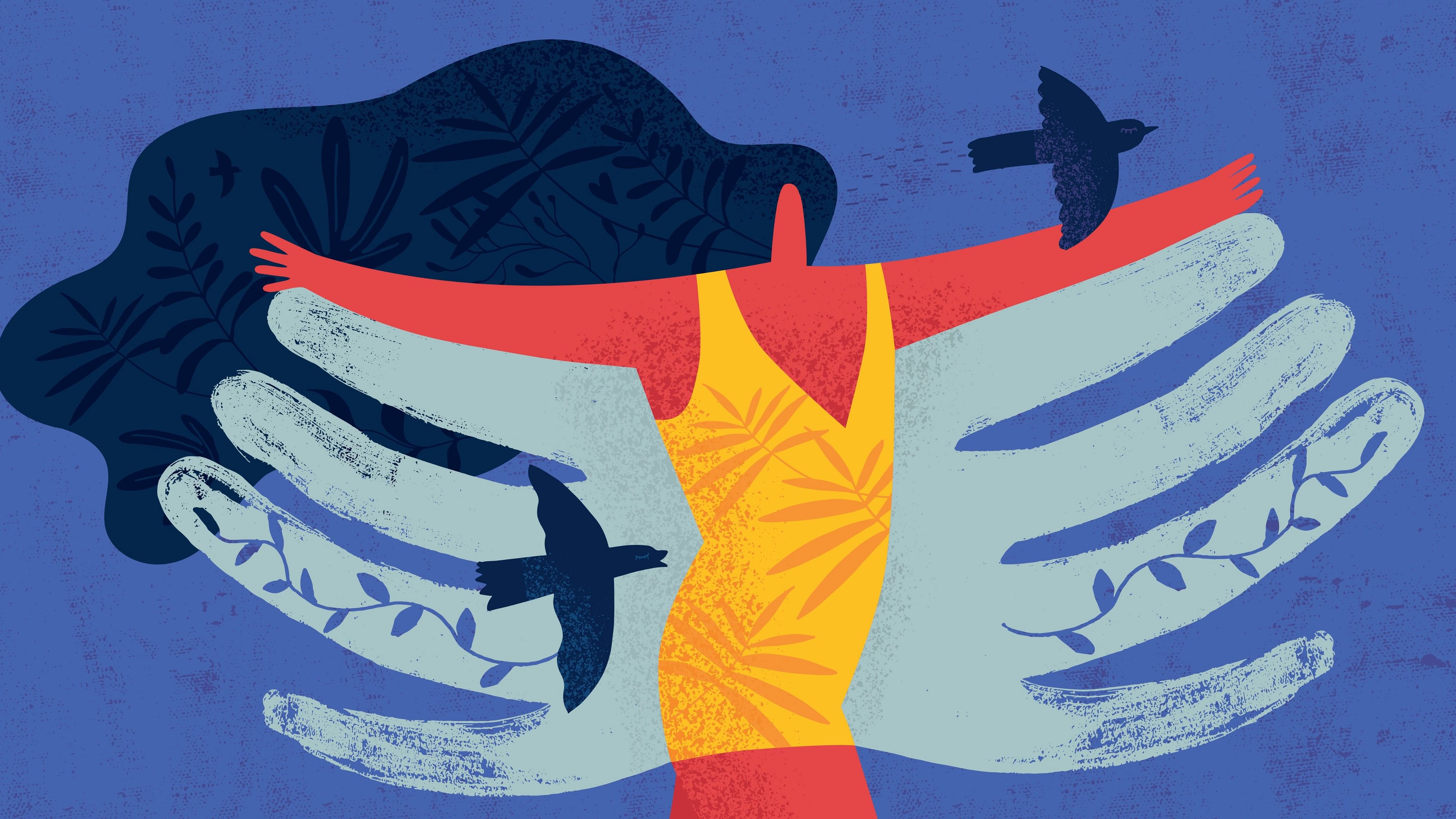
Image courtesy iStock.
Two recent court decisions, including one by the Supreme Court and another by the high court, have reignited discussions on women’s health and autonomy, shedding light on the systemic challenges faced by women in India. When it comes to women’s autonomy in sexual and reproductive health, they face nuanced complexities, particularly in terms of how laws, societal norms, and cultural values intersect to shape the experiences of women across different contexts.
First, there are challenges within the legal framework. The Medical Termination of Pregnancy Act (MTP) in India, often perceived as liberal, falls short of recognising women’s bodily autonomy and their right to decide when to terminate a pregnancy. Recent cases where women approached the courts seeking abortion on the grounds of mental health reveal how the MTP Act fails to adequately address the diverse needs and concerns of women. In another case, a minor rape victim asked to grant permission to choose for her physical and mental health, as well as social well-being. In both cases, the gestational age was beyond the permissible limit under MTP. In fact, conditional access to safe abortions has led to an alarming prevalence of unsafe abortions, making it the third leading cause of maternal mortality in the country according to UNFPA’s State of World Population Report, 2022. In fact, every day, eight women die from unsafe abortions in India. Furthermore, between 2007-11, 67 per cent of unsafe abortions occurred in India, with nearly 73 per cent of 15 million abortions taking place outside medical facilities (Lancet 2015). Women’s choices are further constrained by deeply ingrained patriarchal concepts and societal values that predominantly view a woman’s role as tied to her ability to reproduce. This cultural backdrop permeates individual, family, and public spaces, constantly undermining women’s autonomy and impacting their sexual and reproductive health.
The burden of contraceptives in India disproportionately falls on women, yet their consent often goes unrecognised. Female sterilisation, aggressively promoted by healthcare workers to meet family planning targets, is the most widely practiced method. Shockingly, post-partum intra-uterine device (PPIUCD) insertion, another contraceptive choice, is not always free from coercion. According to the National Family Health Survey (NFHS V), nearly 40 per cent of women were not told about the side effects of their contraceptive methods. In some cases, women’s informed consent is bypassed and when sought, it occurs during the vulnerable state of labour. This particularly affects marginalised communities who heavily depend on public health programmes for their well-being. The poorer and marginalised women are, more often than not, viewed as incompetent to give consent.
Laws pertaining to women’s sexual and reproductive health services, policies, programmes, and the practices undermine her ability to exercise agency and it is influenced by social, economic and political contexts. The Protection of Children from Sexual Offences Act (POCSO) fails to recognise adolescents as sexual beings. Teenagers engaging in consensual relationships face criminalisation under this act. Adolescent girls exercising their right to consent find themselves punished, with families filing cases of rape against boys. The ensuring predicament often leads to unsafe abortions, disproportionately impacting marginalised social groups. Notably, child marriage serves as a catalyst for early pregnancies, posing significant risks to the physical, reproductive, and mental health of young girls.
Ironically, nearly 16 per cent of adolescents aged between 15 and 19 get married before 18 years, and child marriage is a driver of early pregnancy. When adolescent girls become pregnant, they will either not register for pregnancy or turn to clandestine, unqualified abortion providers, risking their lives and health.
Sexual violence in India is deeply rooted in patriarchy and male entitlement. Under the Indian Penal Code, it is punishable when a man has sex with a woman against her will and consent. According to National Crime Records, 31,000 cases of rape were reported in 2021 in India, implying that 86 rapes occur daily. Nearly 90 per cent of rapes are committed by people known to the victim. While the law punishes non-consensual sex, it compartmentalises criminality in rape cases, omitting marital rape.
This omission perpetuates the archaic notion of women as property within marriage, rendering them vulnerable to sexual violence and abuse. Disturbingly, nearly 30 per cent of married women reported sexual and physical violence by their spouse in the NFHS V survey. Women with disabilities face a unique set of challenges, including forced hysterectomies (removal of reproductive organs), often framed as a measure for maintaining hygiene or protecting against potential sexual abuse.
On this pretext of maintaining menstrual hygiene and protecting from potential sexual abuse, caregivers, often close ones, offer a quick solution to an abortion. A report from Women with Disabilities India Network in 2018 documented that women with disabilities were coerced into hysterectomies, sterilisation, contraception, and abortion. This violation of sexual autonomy further shows the intersectionality of sexism and disablism faced by women with disabilities.
In a patriarchal culture, initiating conversations around consent, will and autonomy requires a multi-pronged effort by NGOs, civil society, the government, and communities. Tackling societal structural barriers is crucial to altering disproportionate power dynamics between men and women.
The advancement of sexual and reproductive health rights is closely associated with women’s rights, enabling women to make informed decisions about their bodies, sexuality, and fertility. Prioritising sexual and reproductive health and rights in government policies, societal norms, and individual interactions is paramount. Gender equality serves as the bedrock, entitling women and girls to equal access to sexuality and reproductive health education, financial independence, and the freedom to give consent to their healthcare.
(The author is a sexual reproductive health rights practitioner and the views expressed here are personal.)